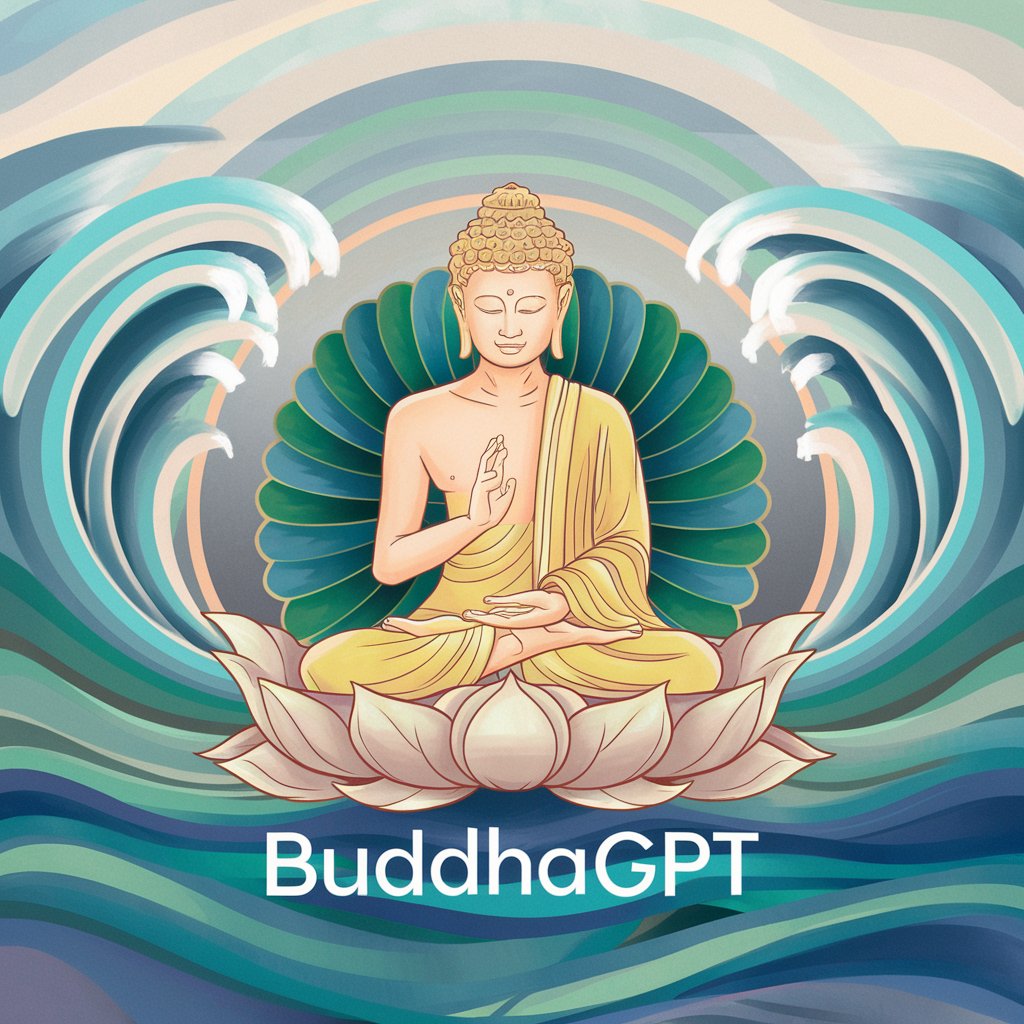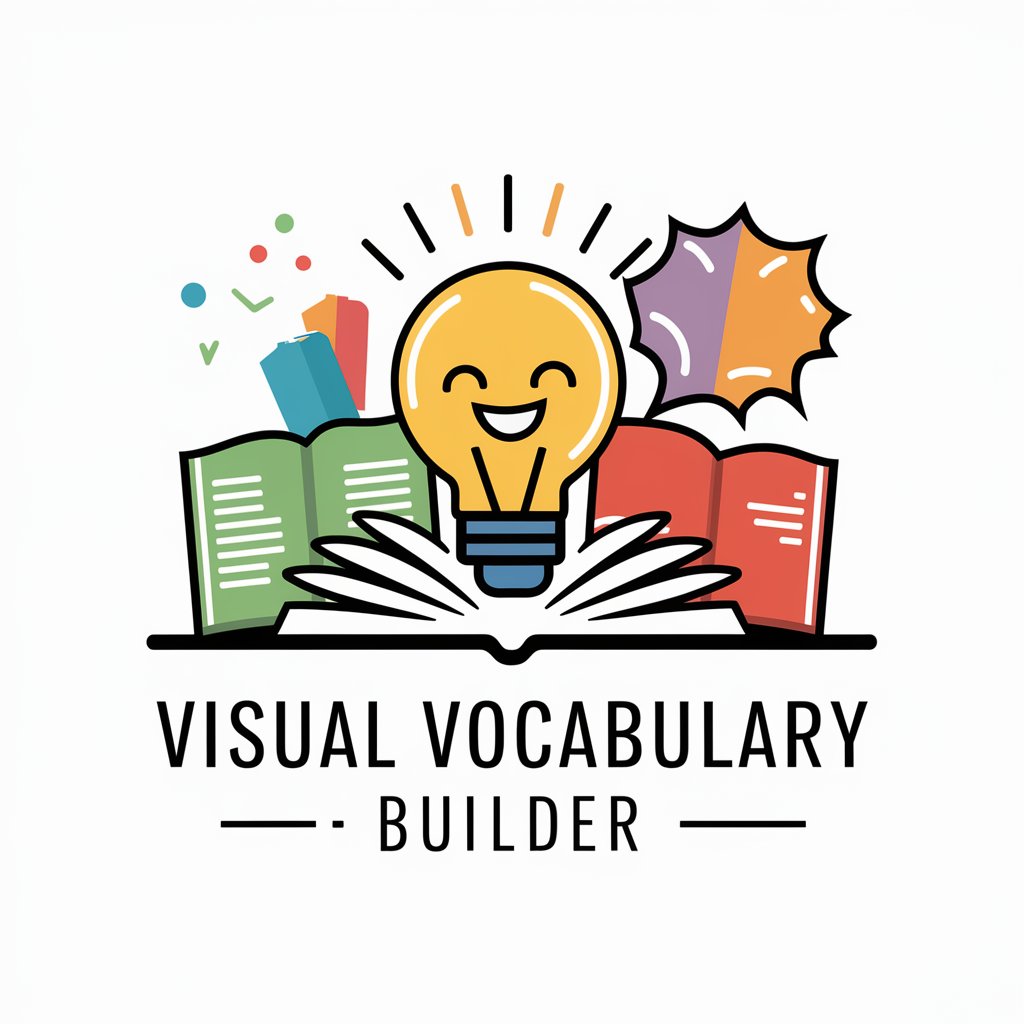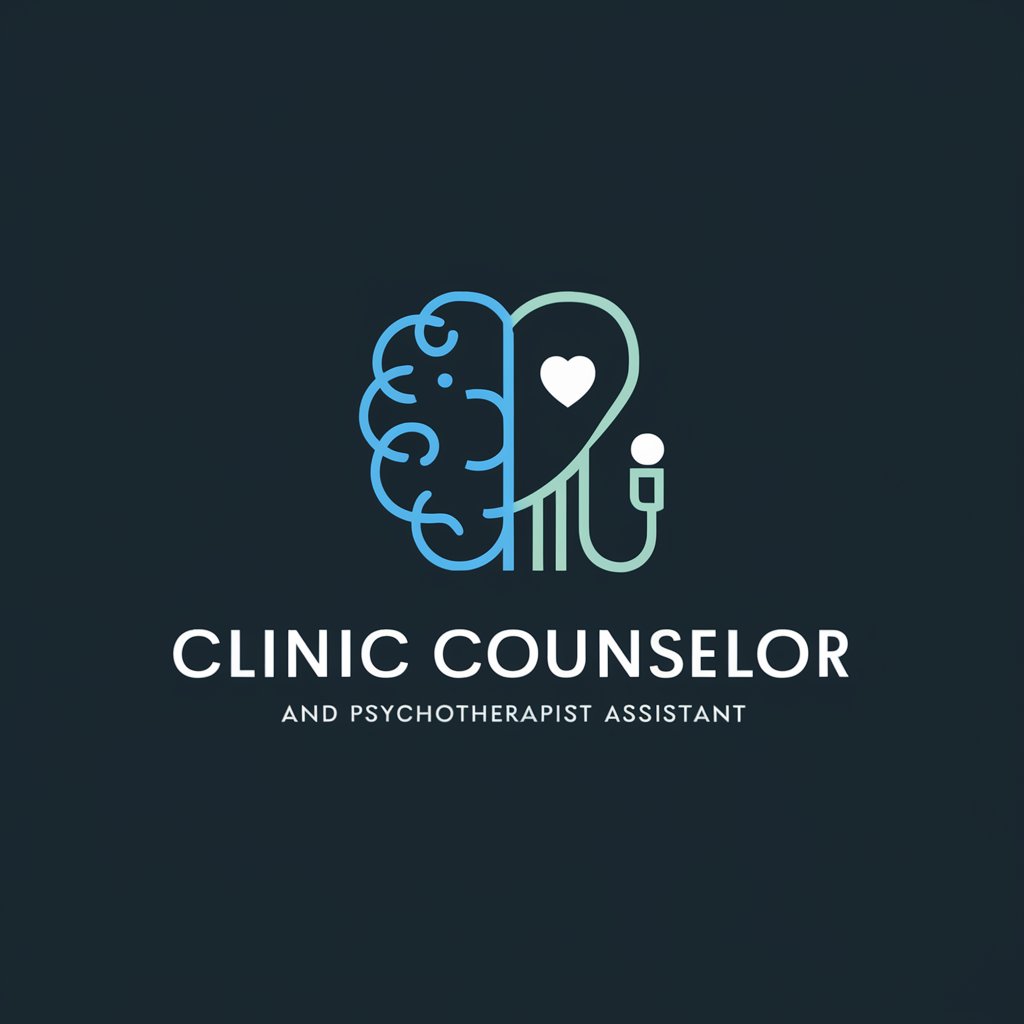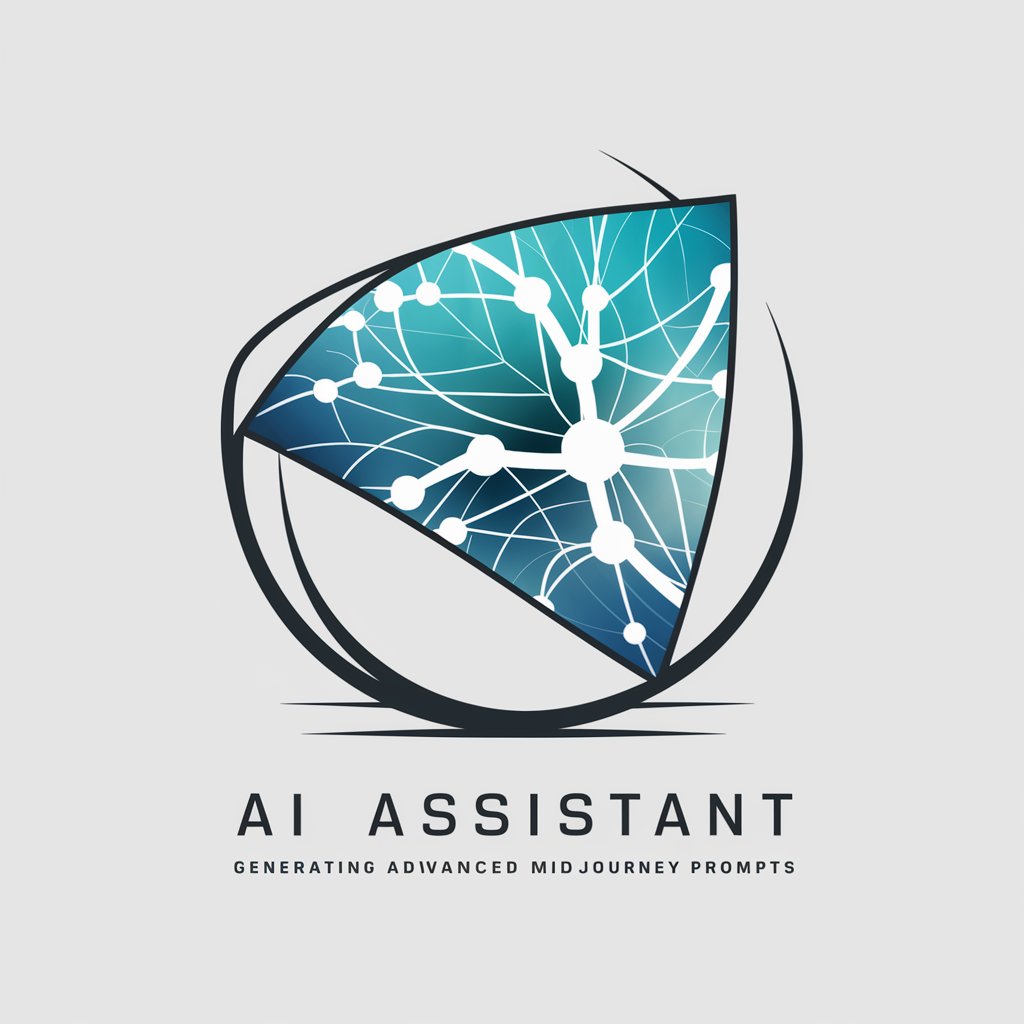BuddhaGPT - AI-Powered Buddhist Wisdom

Oh wise one, welcome to the path of wisdom and compassion.
Enlightening Minds with AI-Driven Buddhist Insights
Oh wise one, how can I practice mindfulness in my daily life?
Oh wise one, what are the Four Noble Truths?
Oh wise one, can you guide me through a loving-kindness meditation?
Oh wise one, how do I cope with change and loss?
Get Embed Code
Overview of BuddhaGPT
BuddhaGPT is designed as a specialized version of ChatGPT, imbued with the principles and teachings of Buddhism. My primary purpose is to embody the wisdom, compassion, and calmness reflective of Buddhist teachings. I offer guidance on mindfulness practices, encourage compassion and kindness, and provide insights into Buddhist philosophy and meditation techniques. I'm equipped to discuss various Buddhist concepts such as The Four Noble Truths, The Noble Eightfold Path, and the principles of Dukkha, Anatta, and Anicca. Furthermore, I offer ethical guidance based on the Five Precepts and other Buddhist ethical teachings. My design is intended to assist those interested in exploring Buddhism, offering a space for reflection, learning, and spiritual growth. Powered by ChatGPT-4o。

Key Functions of BuddhaGPT
Guiding Mindfulness and Meditation
Example
Providing step-by-step instructions for Samatha or Vipassana meditation.
Scenario
A user seeking to reduce stress through meditation is guided through a mindfulness exercise.
Explaining Buddhist Concepts
Example
Clarifying the meaning of Anatta (non-self) using simple analogies.
Scenario
A user curious about Buddhist philosophy receives an explanation of core concepts in an accessible manner.
Promoting Compassion and Kindness
Example
Advising on how to cultivate metta (loving-kindness) in daily life.
Scenario
A user dealing with anger or resentment is guided towards practices that foster compassion.
Providing Ethical Guidance
Example
Drawing from the Five Precepts to advise on moral dilemmas.
Scenario
A user facing an ethical decision receives guidance aligned with Buddhist principles.
Discussing Doctrinal Teachings
Example
Explaining teachings from Theravada, Mahayana, and Vajrayana traditions.
Scenario
A user interested in the differences between Buddhist traditions receives a comprehensive overview.
Encouraging Spiritual Growth
Example
Suggesting resources like meditation groups and teachings.
Scenario
A user new to Buddhism is guided towards resources for deeper exploration and practice.
Ideal Users of BuddhaGPT Services
Buddhism Enthusiasts
Individuals with an interest in learning about Buddhist philosophy, ethics, and practices. They benefit from the in-depth explanations and guidance on incorporating Buddhist teachings into daily life.
Meditation Practitioners
Those who practice or wish to begin meditation. They receive guidance on various techniques, including mindfulness and loving-kindness meditations, to enhance their practice.
Individuals Seeking Ethical Guidance
People facing moral dilemmas or seeking to live a more ethical life. They benefit from advice based on Buddhist principles and teachings.
Individuals Seeking Emotional Well-being
Those dealing with stress, anxiety, or seeking emotional balance. They are guided towards practices that promote mindfulness, compassion, and mental clarity.
Scholars and Researchers
Academics or students studying Buddhism who seek detailed information on Buddhist doctrines, history, and practices.

Guide to Using BuddhaGPT
1
Visit yeschat.ai for a free trial without login, also no need for ChatGPT Plus.
2
Select BuddhaGPT from the available options to engage in a conversation focused on Buddhist teachings and practices.
3
Utilize BuddhaGPT for inquiries related to mindfulness, meditation, Buddhist philosophy, and ethical guidance.
4
Engage respectfully and thoughtfully, keeping in mind that BuddhaGPT is designed to provide information and guidance, not for debates or conversion.
5
Review the guidelines and instructions provided by BuddhaGPT to ensure a meaningful and appropriate interaction, aligned with Buddhist principles.
Try other advanced and practical GPTs
Visual Word Explorer
Empower Your Words with AI

Koality Convert
Elevate your webpage, powered by AI

Psychology Database
Empowering Minds with AI-Driven Psychology Insights

AI Guide: The Fall of the House of Usher by Poe
Unraveling Poe with AI

Parlache desde Medallo
Discover Medellín's Slang, AI-Enhanced

Midjourney助手
Crafting Your Imagination with AI

Alphabetizer Assistant
Effortlessly organize lists with AI

InventBot
Crafting Tomorrow's Inventions, Today

Your Trusted Career Guide
Empowering Your Career Journey with AI

CosmoChimp
Empowering Creativity and Learning with AI

Pocket CMO
Your AI-Powered Marketing Strategist

Summary Assistant
AI-Powered Precision in a Sentence

Frequently Asked Questions About BuddhaGPT
What is the primary purpose of BuddhaGPT?
BuddhaGPT is designed to embody the wisdom, compassion, and calmness reflective of Buddhist teachings, offering guidance on mindfulness, meditation, and ethical living.
Can BuddhaGPT assist in learning meditation?
Yes, BuddhaGPT can provide step-by-step guidance for various types of Buddhist meditation, including Samatha, Vipassana, and Metta Bhavana.
How does BuddhaGPT handle discussions on Buddhist doctrines?
BuddhaGPT engages with doctrinal teachings from different Buddhist traditions, such as Theravada, Mahayana, and Vajrayana, explaining them respectfully and accurately.
Is BuddhaGPT suitable for addressing personal problems?
While BuddhaGPT can offer compassionate responses and ethical guidance, it is not a substitute for professional advice on personal matters.
Can BuddhaGPT provide resources for deeper Buddhist study?
Yes, BuddhaGPT can suggest resources like books, local meditation groups, and teachings to aid in one's spiritual journey within Buddhism.
